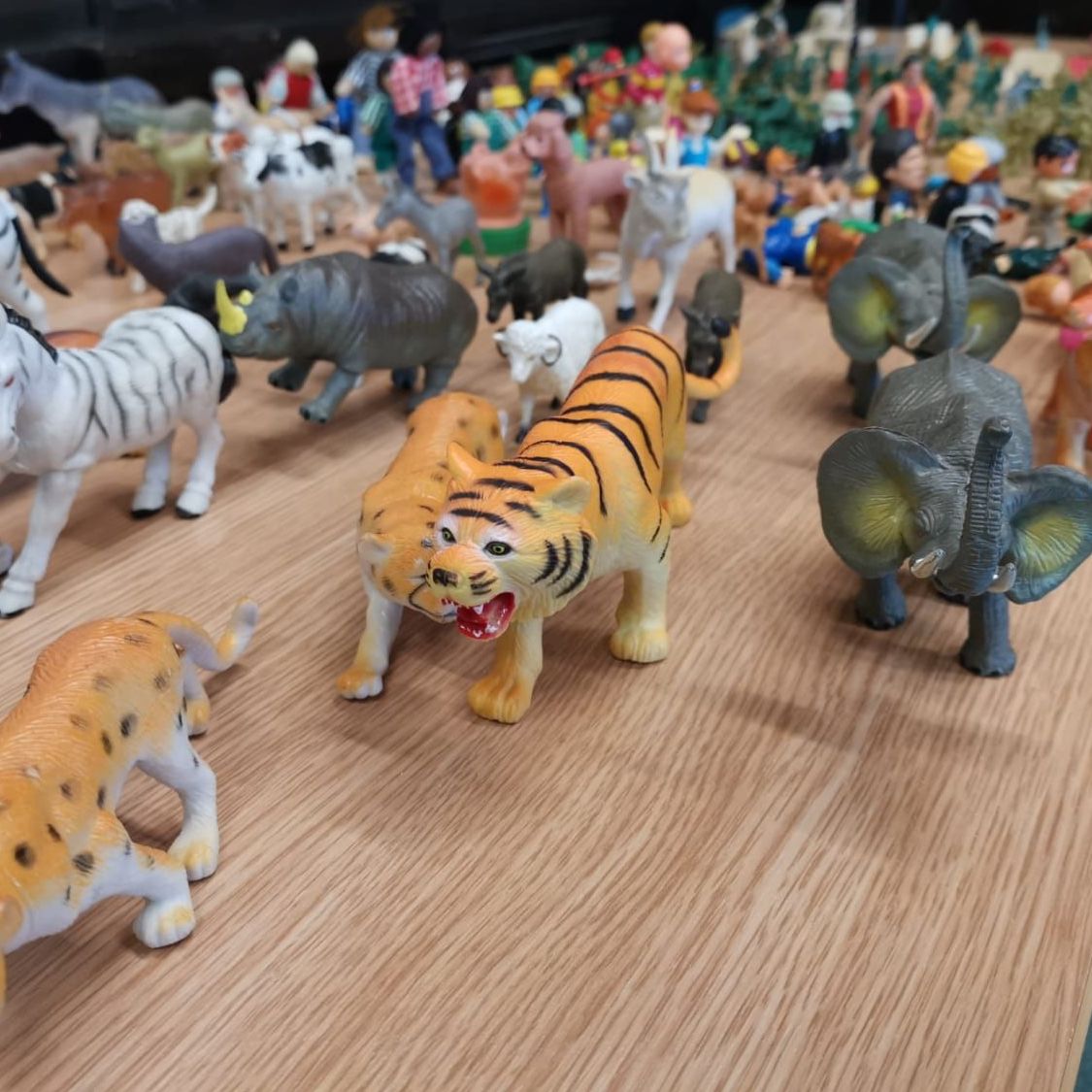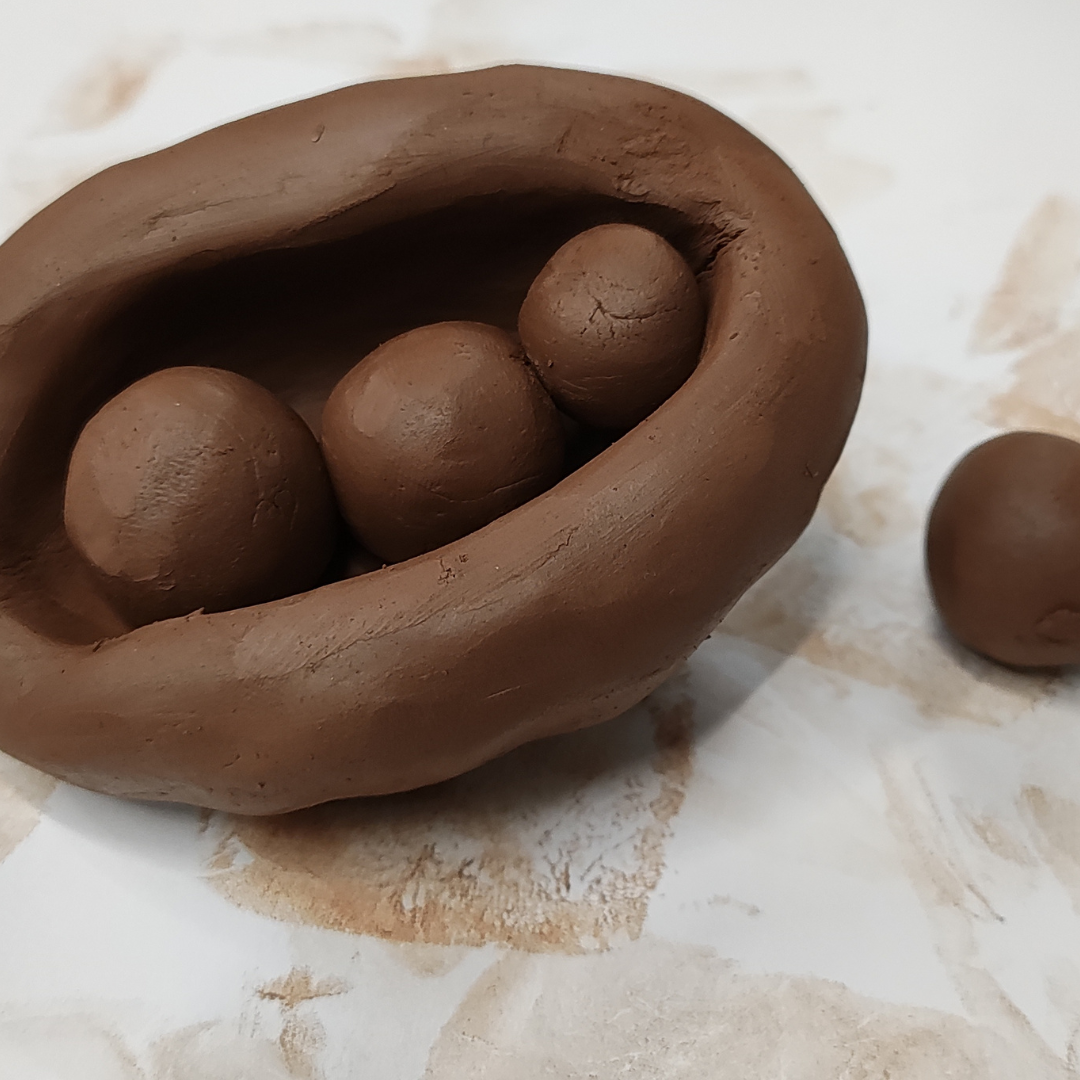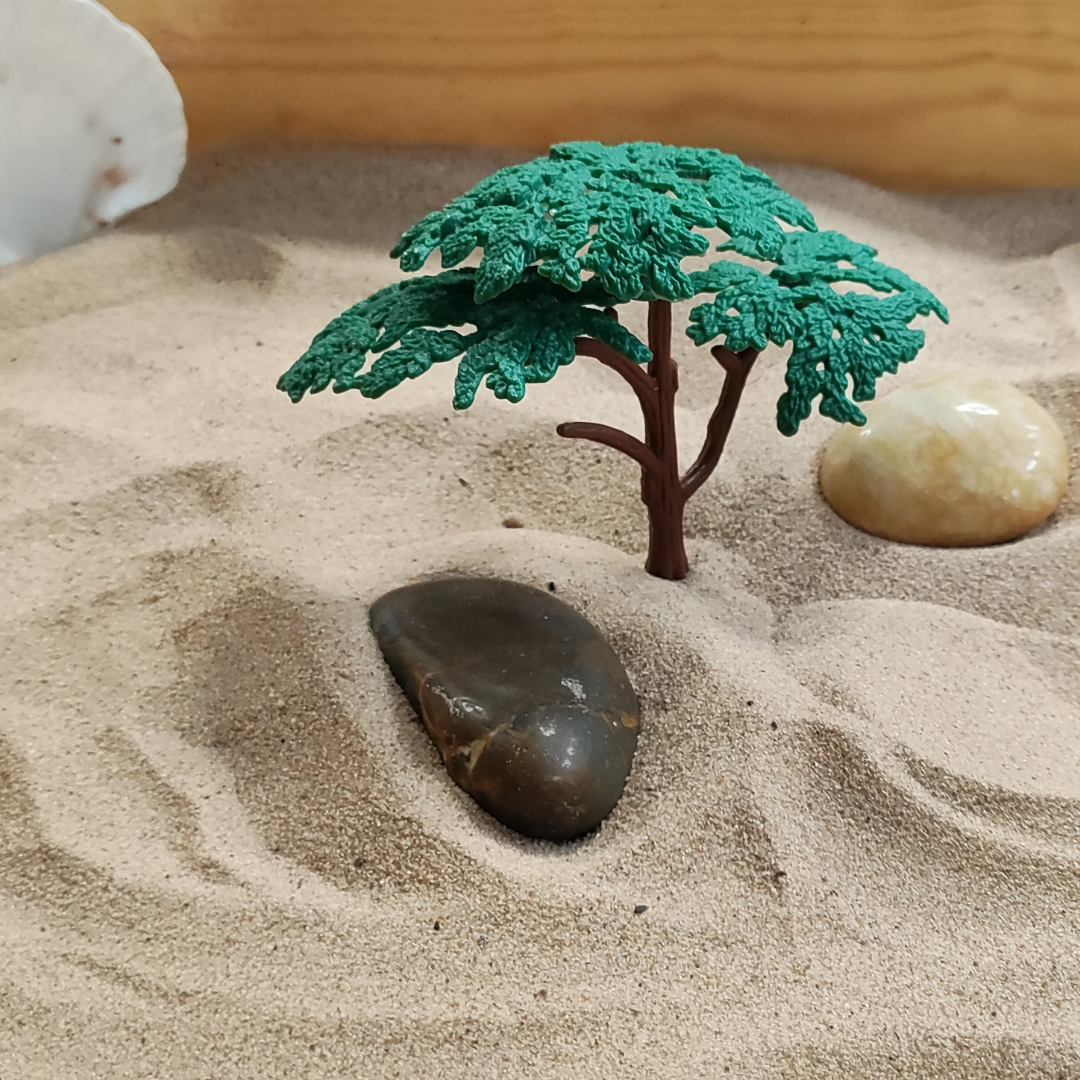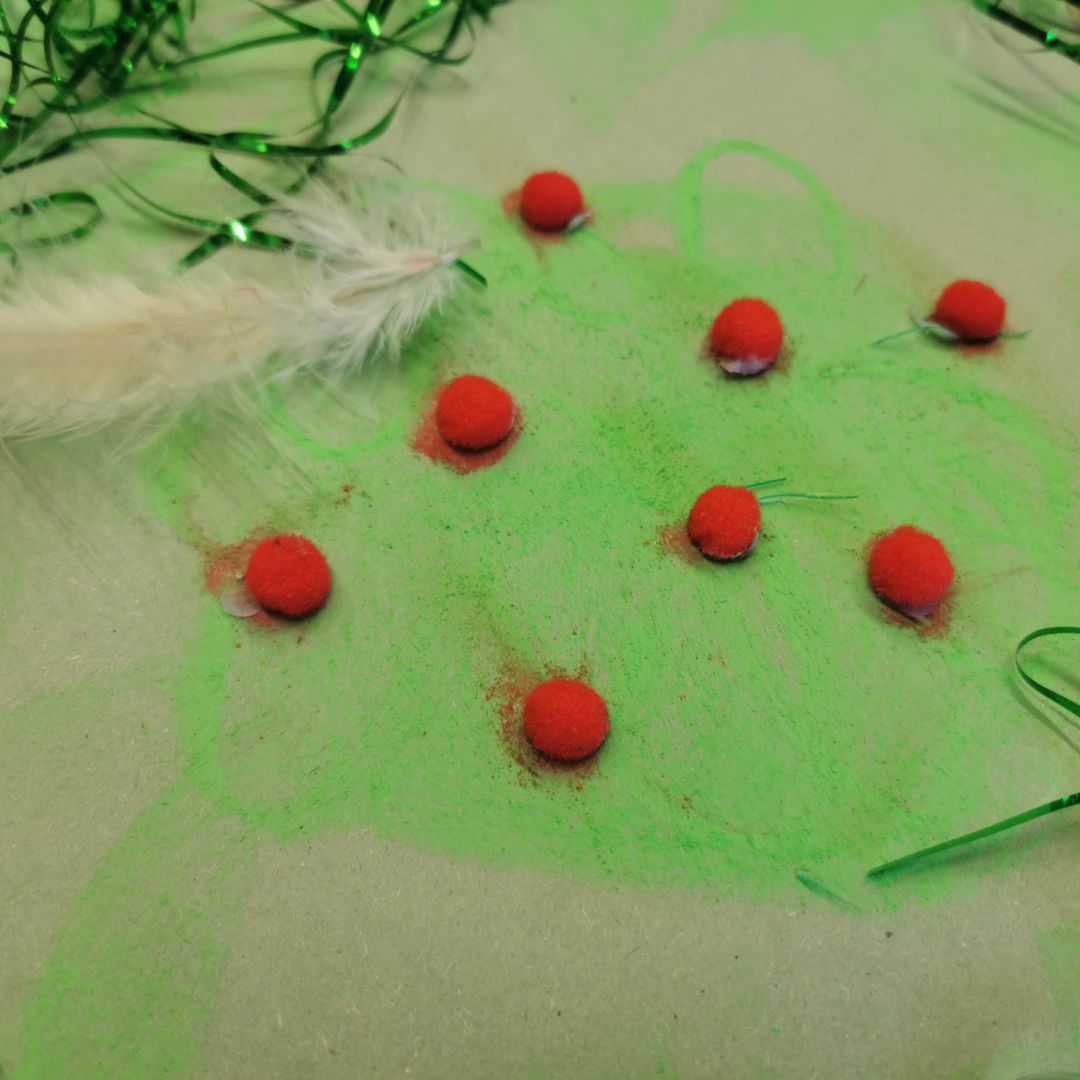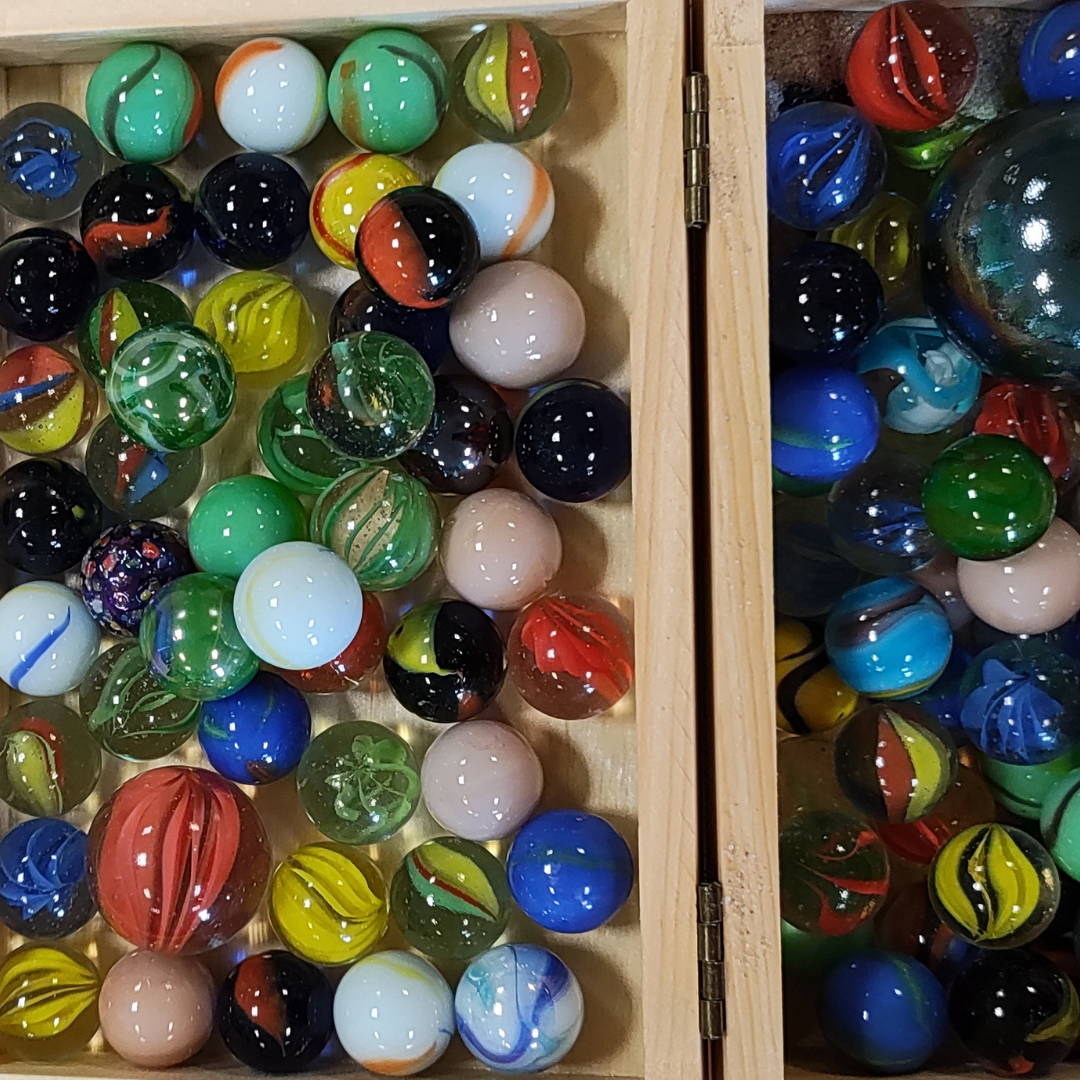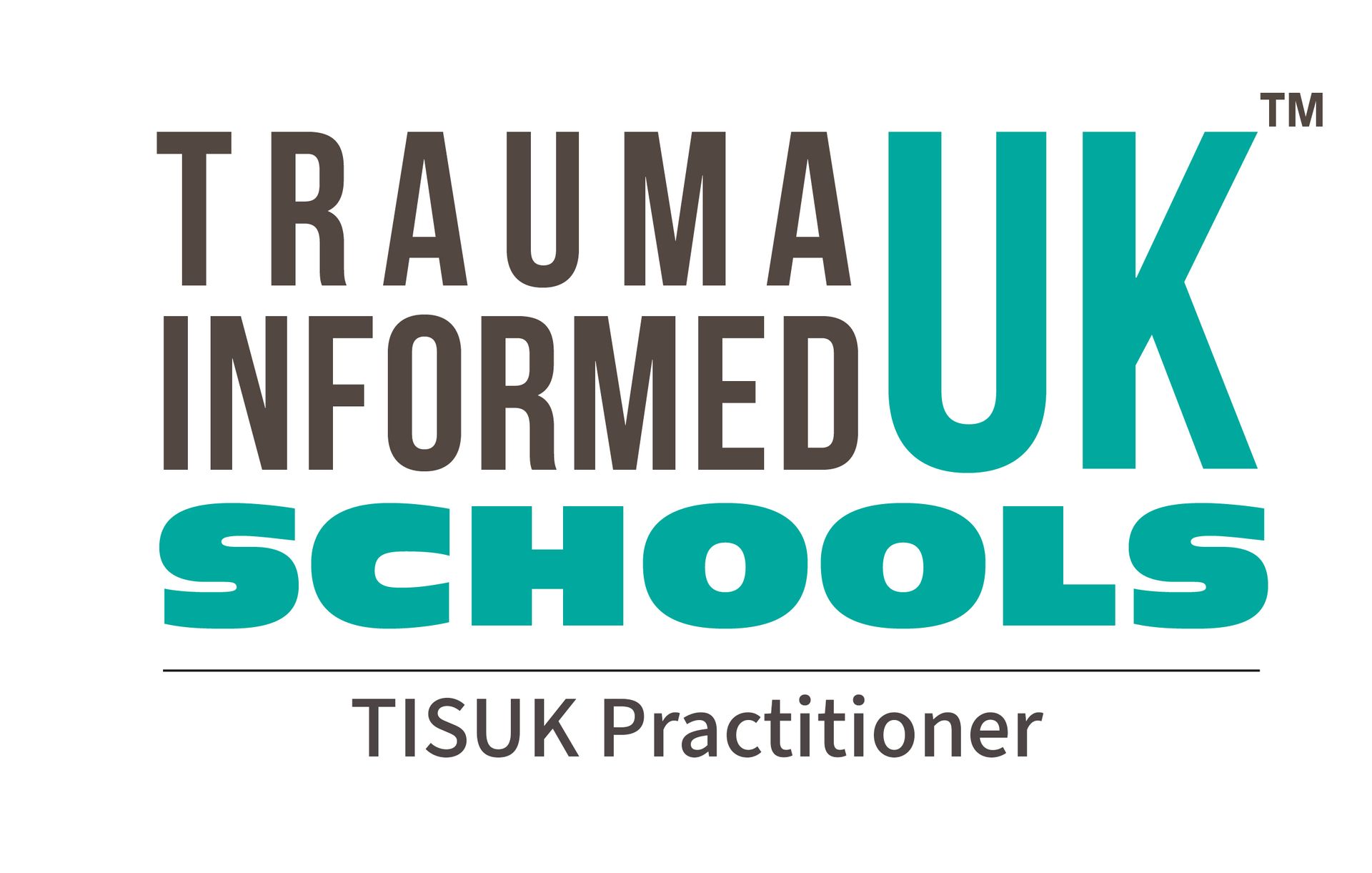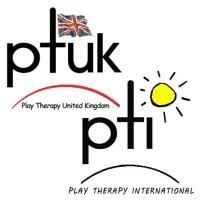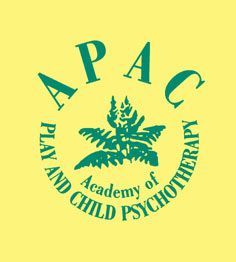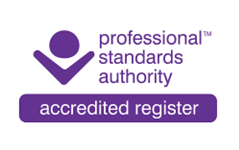Therapeutic Play
"Play is a child's natural medium for self-expression"
- Virginia Axline
Therapeutic play provides a safe space for children to freely express themselves.
Play enables children to explore big emotions that they may not have the words for.
Therapeutic play may be used to support children who are experiencing:
- past trauma
- aggression and anger
- family issues, like divorce, separation, or grief
- domestic violence, abuse, or neglect
- eating and toileting disorders
Or children who have been diagnosed with:
- developmental delay or learning disabilities
- attention deficit hyperactivity disorder (ADHD)
- autism spectrum disorder (ASD)
- anxiety or depression
Therapeutic Play Pathway
Our Play Therapist is able to deliver sessions at a school setting for 1:1 sessions or as part of a small group.
1:1 sessions
Suitable for 4-13 year olds with mild/moderate needs
12 week programme
45 minute sessions / once a week
This will take place at the same time every week during term time in a space in which the child feels safe.
Sessions are child-led which means the child choose toys and games they interact with. They’re free to play in their own way with minimal instructions or interruptions. Leanne will observe closely and participate if invited by the child.
Group sessions
Suitable for 4-13 year olds with mild/moderate needs
12 week programme
Once a week for 12 consecutive weeks
This will take place at the same time every week during term time, preferably at the children's school.
Group size varies.
Assessment
Initial Meeting
A meeting will be arranged with both parent and child to gain a understanding of the child's needs.
Strengths and Difficulties Questionnaire (SDQ)
This is a brief emotional and behavioural screening questionnaire for children and young people to be completed with the child if possible.
Treatment Plan
A treatment plan and a customised play toolkit will put together by the practitioner.
Play toolkit
One or more of the folllowing play tools and techniques will be implemented to support communication.
- Creative visualisation
- Storytelling
- Role play
- Puppets and masks
- Character figures
- Blocks and construction play
- Water and sand play
- Arts and crafts
- Dance and Music
Outcomes
Hope and outcomes as outlined in the assessment by the parent/carer or school will be used as a baseline to measure impact and provide recommendations for next steps. The following key areas will also be observed:
- behaviour
- attitude
- social interaction
- mood
- confidence
- self-esteem
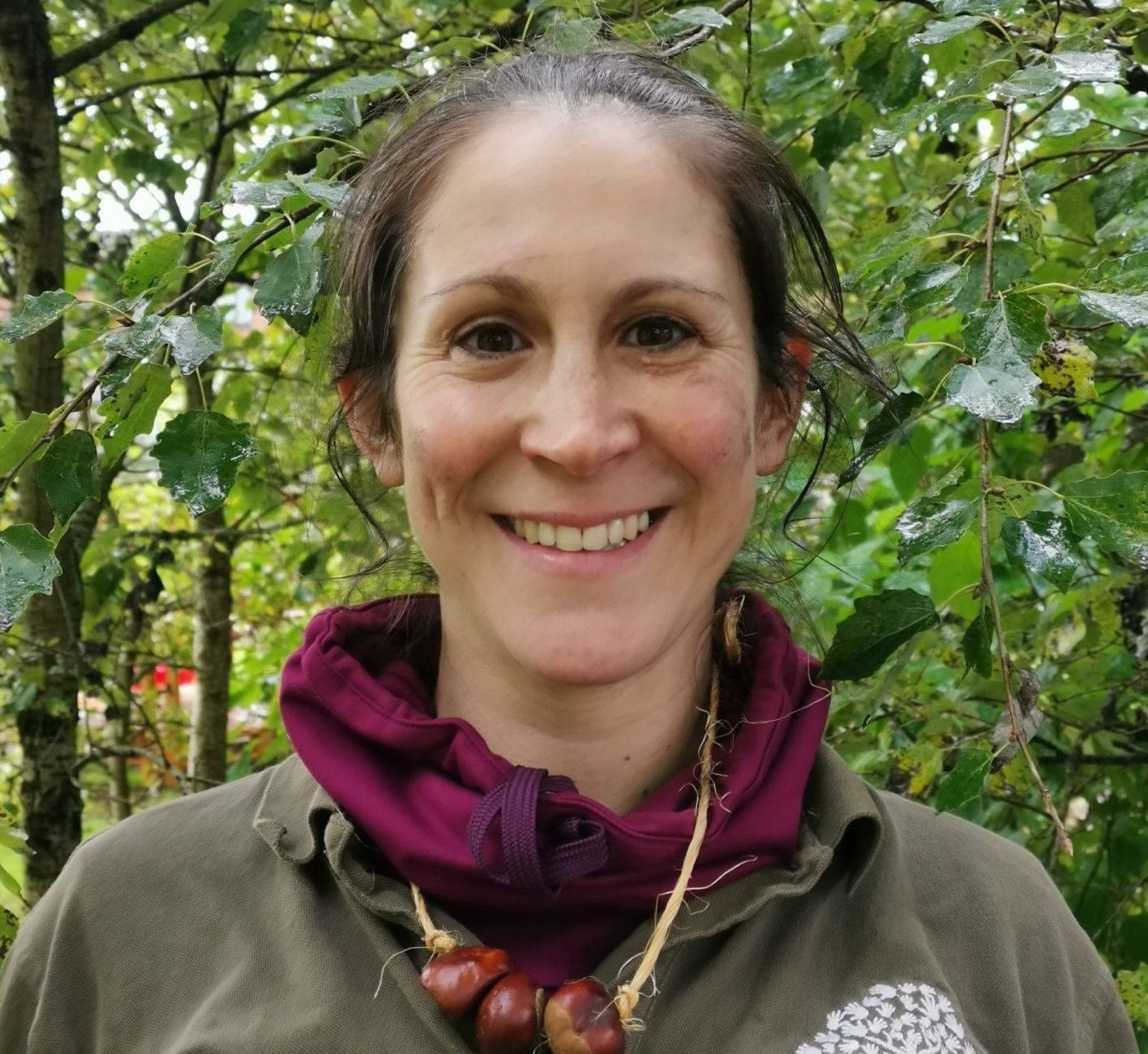
About Leanne
Play Therapist
- Forest School Leader Level 3
- Practice based play therapy Postgrad Dip.
- Therapeutic play Cert.
- Trauma-informed schools Dip.
- Nature-based practice Cert.
- Ceramic Design MA
- Contemporary Crafts BA (Hons)
- Education and Training Level 3
Leanne has over 25 years of experience in the field of natural wisdom, contemporary crafts, mindfulness and somatic movement education.
Leanne directs, leads and delivers training at CommuniTree. She is currently working towards a Masters in play therapy.
